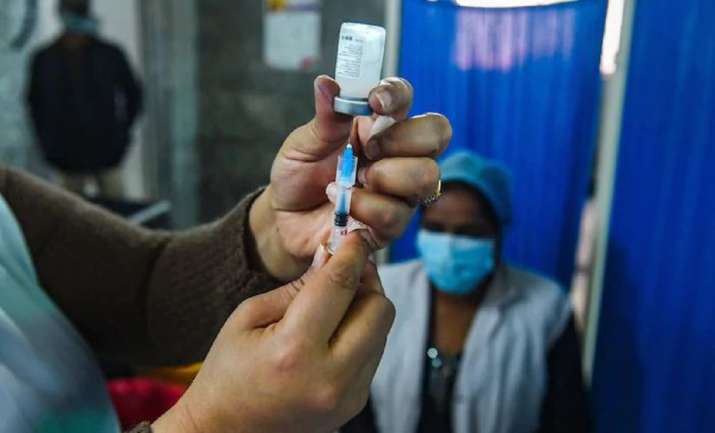Body organ transplant receivers prone to COVID-19 also after inoculation: Research study
Although 2 dosages of a COVID-19 vaccination give some defense for individuals that have actually gotten strong body organ transplants, it’s still not nearly enough to allow them to disregard masks, physical distancing and also various other precaution, according to a research. This is a follow-up research to an earlier one in which the scientists reported that just 17 percent of the taking part transplant receivers created adequate antibodies after simply one dosage of a two-dose COVID-19 vaccination program.
” While there was a rise in those with observable antibodies after the 2nd shot, the variety of transplant receivers in our 2nd research whose antibody degrees got to high sufficient degrees to prevent infection was still well listed below than in individuals with healthy and balanced body immune systems,” stated research lead writer Brian Boyarsky from the Johns Hopkins College College of Medication in the United States.
” Based upon our searchings for, we advise that transplant receivers and also various other immunocompromised individuals remain to exercise rigorous COVID-19 security preventative measures, also after inoculation,” Boyarsky stated.
The scientists kept in mind that individuals that obtain strong body organ transplants, such as hearts, lungs and also kidneys, commonly should take medicines to reduce their body immune systems and also avoid being rejected.
Such programs might disrupt a transplant recipient’s capacity to make antibodies to international compounds, consisting of the safety ones created in action to injections, they stated.
The most up to date research, released in the Journal of the American Medical Organization (JAMA), examined this immunogenic action adhering to the 2nd dosage of either of both mRNA injections– made by Moderna and also Pfizer-BioNTech– for 658 transplant receivers, none of whom had a previous medical diagnosis of COVID-19
The individuals finished their two-dose program in between December 16, 2020, and also March 13, 2021.
The scientists located that just 98 of the 658 research individuals– 15 percent– had observable antibodies to SARS-CoV-2 at 21 days after the initial vaccination dosage.
This approached the 17 percent reported in the March research checking out the immune action after just one vaccination dosage.
At 29 days adhering to the 2nd dosage, the variety of individuals with observable antibodies climbed to 357 out of 658– 54 percent, the scientists stated.
After both vaccination dosages were provided, 301 out of 658 individuals– 46 percent– had no observable antibody in any way while 259– 39 percent– just created antibodies after the 2nd shot, they stated.
The scientists likewise located that amongst the individuals, one of the most likely to create an antibody action were more youthful, did not take immunosuppressive programs consisting of anti-metabolite medicines and also obtained the Moderna vaccination.
These resembled the organizations seen in the March single-dose research, they stated.
” Provided these monitorings, transplant receivers need to not presume that 2 vaccination dosages assure adequate resistance versus SARS-CoV-2 anymore than it did after simply one dosage,” stated research co-author Dorry Segev, from the Johns Hopkins College College of Medication.
